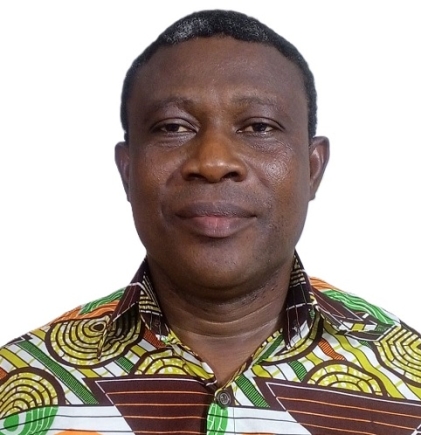
Neglected tropical diseases prevention crucial to ending poverty — VR Director of Health
The prevention and controlling of Neglected Tropical Diseases (NTD) are crucial to ending extreme poverty in the country in the next two decades, the Volta Regional Director of Health, Dr Chrysantus Kubio, has said.
He said in an interview in Ho last Monday that there were currently 14 NTDs managed by respective programmes under the Ghana Health Service (GHS).
Dr Kubio revealed the diseases included trachoma (bacterial infections affecting the eyes), intestinal worms, onchocerciasis (river blindness), bilharzia, elephantiasis, sleeping sickness, Buruli ulcer, leprosy, yaws and others.
Meanwhile, the regional director of health said lymphatic filariasis, a painful and profoundly disfiguring disease, was prevalent in 116 districts; onchocerciasis in 142; while bilharzia was present in every district.
He said Buruli ulcer and leprosy were endemic in 98 and 195 districts respectively.
Various strategies
Dr Kubio said although Ghana employed various strategies to control NTD, such as mass drug administration, case management and improved access to clean water among others, limited resources contributed to persistent challenges in sustaining reductions in infections.
For that matter, he said, NTD continued to be a significant public health concern in Ghana.
“Recently, cutaneous leishmaniasis (skin infection caused by sand flies) had been identified in some parts of the country.
Dr Kubio said NTD programmes and partners had been making significant strides in the elimination of those diseases in the country.
However, he maintained that there was a need for the Ghana Health Service (GHS) to maximise its partnership with governmental and non-governmental, civil society organisations and local partners to advance their control and elimination.
Dr Kubio said inter-sectoral collaboration to address NTD must maximise resources, improve efficiency and lead to cross-organisation fertilisation.
“Collaboration and partnership with civil society, the youth, patients, communities and other partners are necessary in the fight against NTD,” he added.
